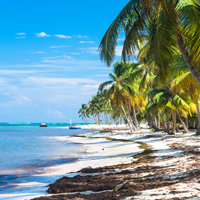

InsideDR Concierge provides comprehensive relocation assistance in the Dominican Republic. We help you and your family secure ideal housing, health insurance, transportation, schools, legal documentation, and more, ensuring a smooth and thoroughly supported transition.
Get Quote
 InsideDR Concierge
InsideDR ConciergeInsideDR Concierge provides comprehensive relocation assistance in the Dominican Republic. We help you and your family secure ideal housing, health insurance, transportation, schools, legal documentation, and more, ensuring a smooth and thoroughly supported transition.
Get Quote
Copyright 1997-2025 Burlingame Interactive, Inc.